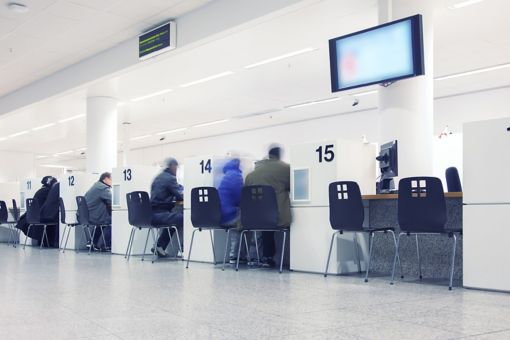Around the world, all levels of government and public sector organizations are facing pressures from financial crises to constituent upheaval to rapidly urbanizing populations. How they choose to address these challenges impacts every part of a country’s economy. KPMG’s Global Government & Public Sector practice works to deliver meaningful results through a deep understanding of the issues, an intimate appreciation of how the public sector works, and global and local insight into the cultural, social and political environment.
Click here for more articles in Dutch or French
Digital, Data-driven & Customer-centric government | Smart & Sustainable Cities | Healthcare
Latest insights

Digital, Data-driven & Customer-centric government


Healthcare
Explore
Connect with us
- Find office locations kpmg.findOfficeLocations
- kpmg.emailUs
- Social media @ KPMG kpmg.socialMedia














